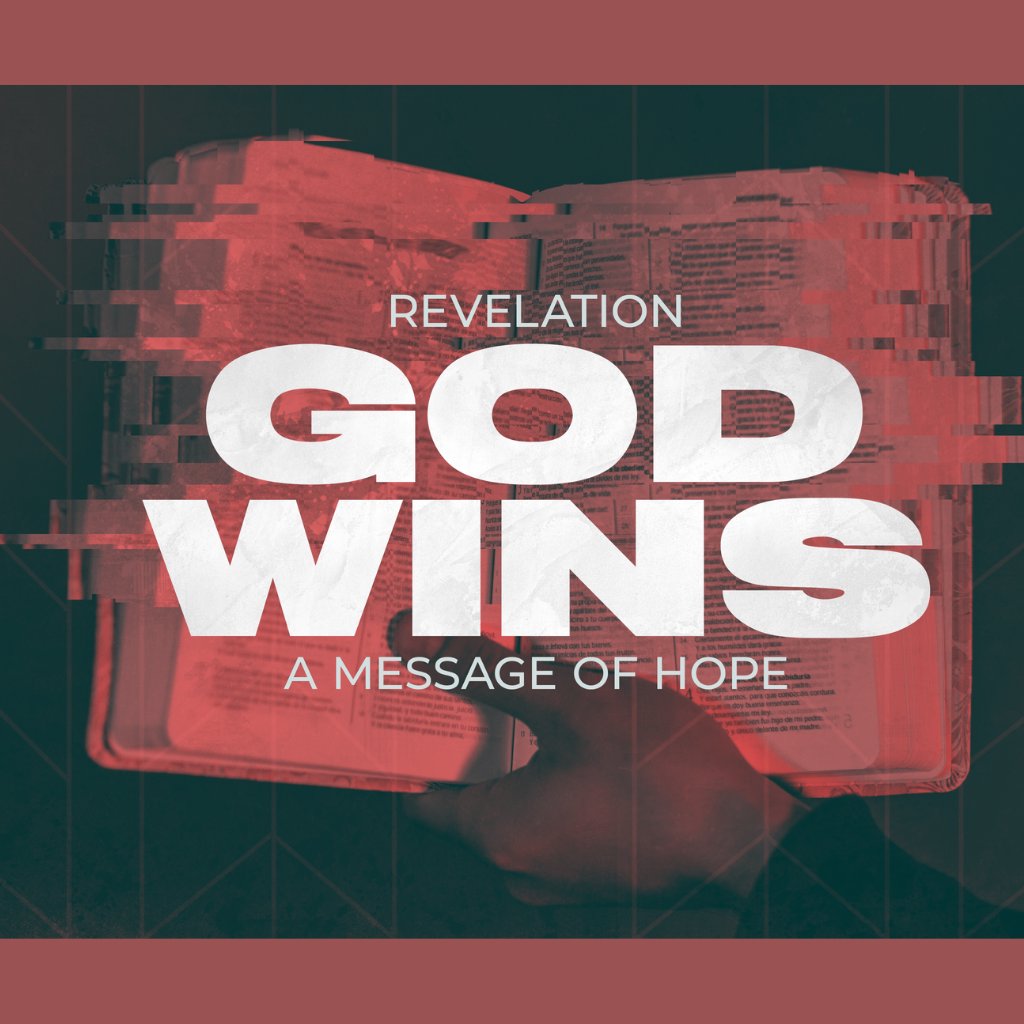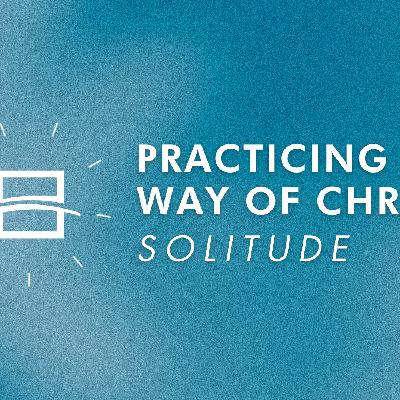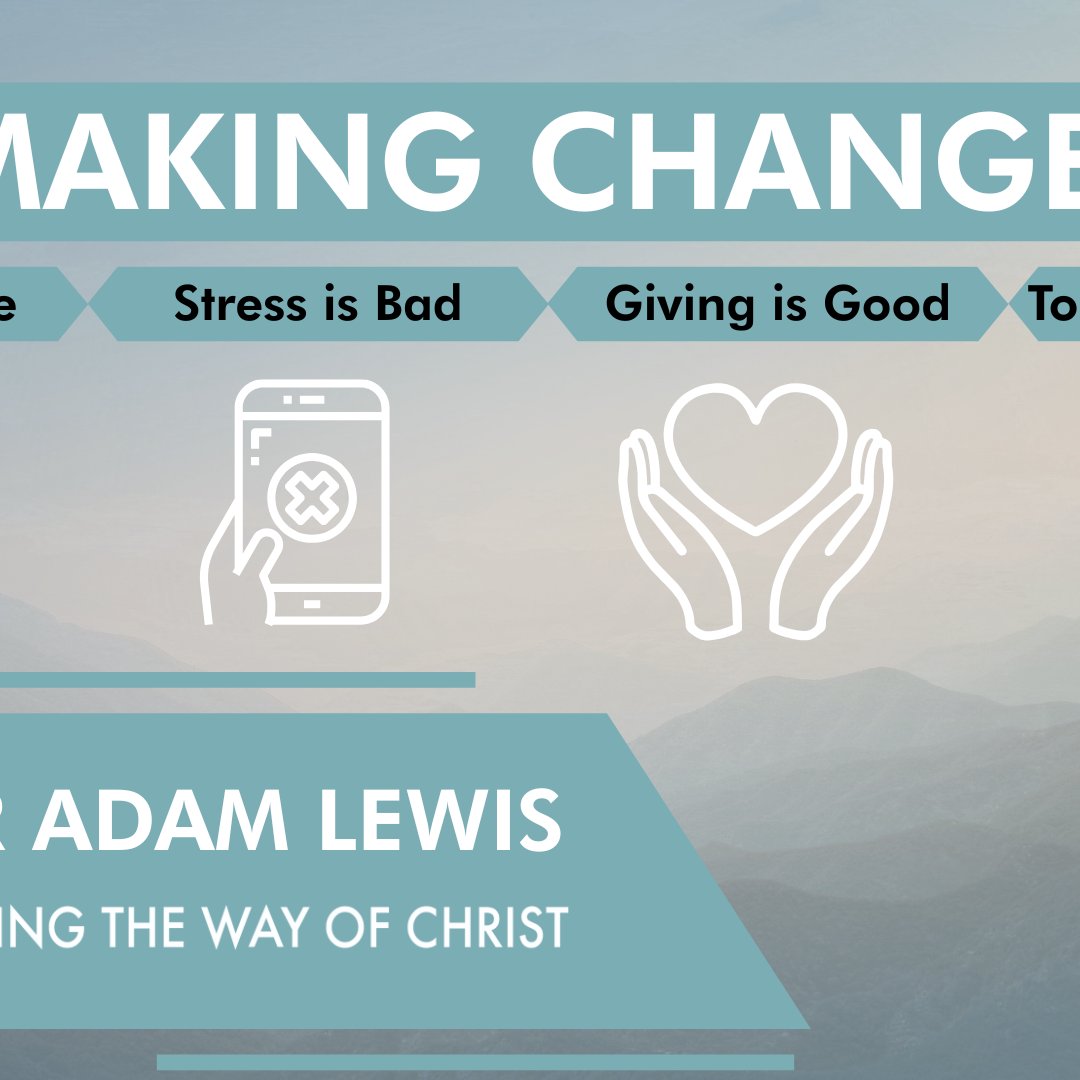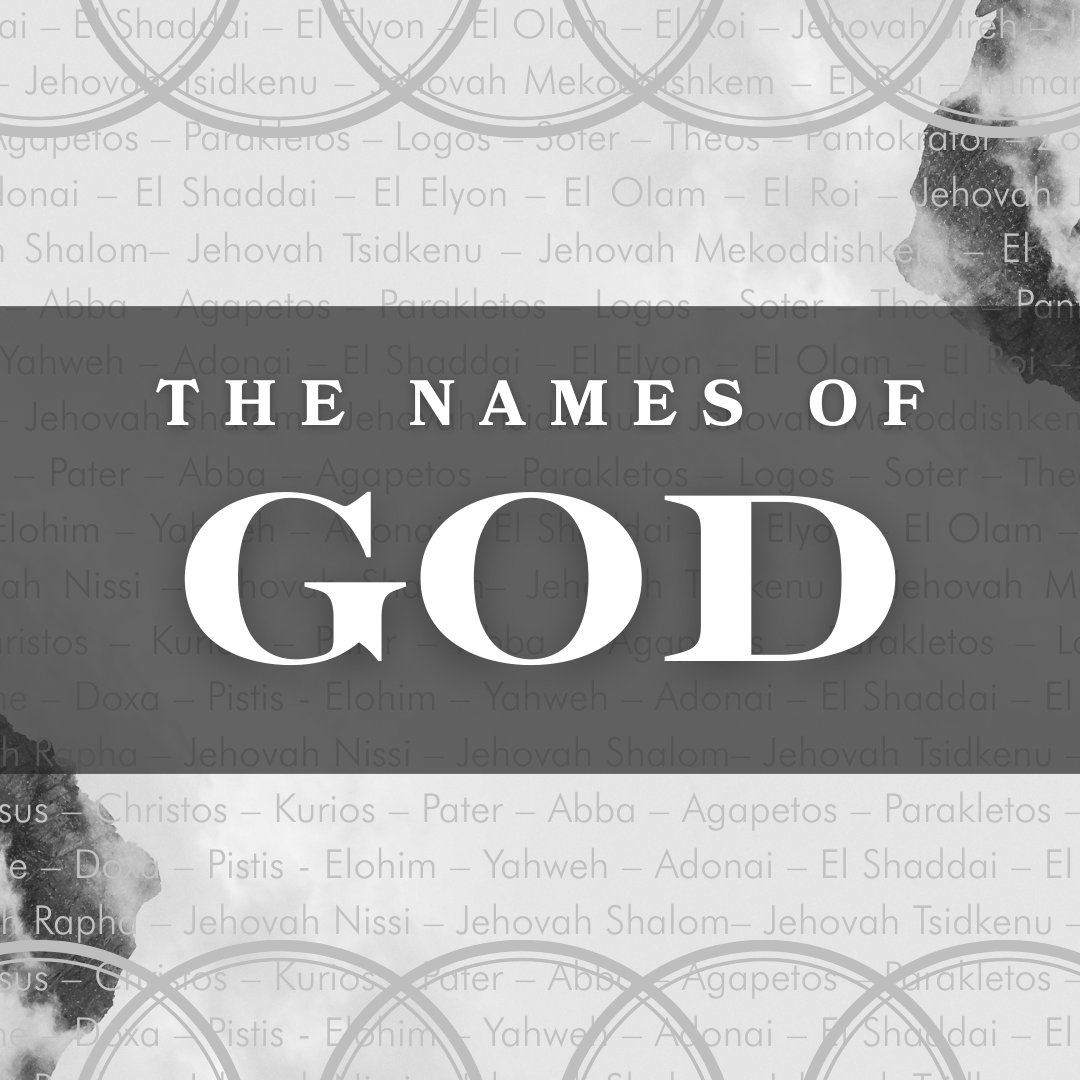Discover Church on the Hill, McMinnville
Church on the Hill, McMinnville

Church on the Hill, McMinnville
Author: Church on the Hill
Subscribed: 2Played: 4Subscribe
Share
© 2025 Church on the Hill - OR
Description
Every week you will hear teaching from our leadership at Church on the Hill in McMinnville, Oregon. Visit us at www.hillchurch.com or download the Church on the Hill app. onelink.to/myhillchurch
208 Episodes
Reverse
Revelation is not a mystery map to be solved. This letter reveals to us how God has always had a plan and purpose for everything- for his creation to live in the tree of life. It all comes full circle. From Genesis to Revelation, God is working one great, redemptive plan and it is a plan we can trust and find our hope in. But God won’t just complete his plan, in the end, he sent Jesus so that we can begin to experience this life right now, today. #HillchurchMcminnvilleGenesis 2:8-10, Revelation 22:1-3, Genesis 3:15, 2 Samuel 22:31, Proverbs 19:21, Romans 12:2, Isaiah 14:24, Luke 10:19, Philippians 1:6
How do you fight your battles? Jesus fought with solitude. Included in that time in the desert was prayer, fasting, and the power of God's word. We all fight for something: our dignity, marriage, our job, and friendships. How often do we fight for freedom in our relationship with God? By practicing solitude, we engage in a battle with the enemy that we will always win in Jesus name!Life Group Questions1. Why do you think the Spirit led Jesus into the wilderness to be tempted?2. How does Satan use Scripture in his temptations, and how does Jesus respond?3. What practices help you stay grounded in God's Word when facing temptation?4. How does Jesus' victory over temptation foreshadow His ultimate victory over sin and death?5. Setting up solitude; Take a look at your schedule this week and find 5 minutes each day to spend in quiet prayer with God.6. Walk through the Rule of Life with anyone that has not yet assembled one.
Solitude is the intentional time we spend away from everything for the purpose of connecting with God. When in solitude, I can decompress, slow down, and face what is going on inside of me for the purpose of spiritual growth. Let's slow down, spend time alone with God, and practice the way of Christ!Life Group Questions1. When you hear the word solitude, what comes to mind? How is it different from loneliness?2. Do you tend to seek out solitude or avoid it? Why? Read Matthew 26:36-46. Make observations about Jesus' solitude with the Father. 3. In what ways can regular solitude shape or deepen your relationship with God?4. How can solitude help you become more present and loving in your relationships with others?5. What are some healthy rhythms of solitude you could build into your weekly or daily life?
Community is essential for a strong relationship with Jesus! But solitude is as well. Solitude is not isolation or loneliness; it is intentional time with God for the purpose of connecting with Jesus. In the high-paced, frantic, distraction-filled world in which we live, solitude is a primary practice to help develop a deep, meaningful relationship with Jesus where he speaks and we listen. Today, we kick off our semester theme at Church on the Hill: Solitude.Life Group Questions1. Is solitude part of your life right now?2. How are you hoping to grow in this practice this season of life?3. What do you need from your life group to help you fulfill this practice?4. Reminders about the Solitude Practice: a) Start Smallb) Make it a part of your rule of life c) Remember that starting your time of solitude is half the battle!d) There is no formation with repetition.
We live in a me-first culture, but investing in the future will change not only your life but the lives of those who depend on you. Today, we look at how tomorrow matters to our giving and what we are investing in will have eternal significance. Life Group Questions1. What are some of the best uses of the money that God gives us?2. What will life look like 10 years from now if you start investing in things that matter most? What will that do for your bank account and your soul?3. What are the strongest barriers in your life that keep you from investing in what matters most?4. Read 2 Corinthians 9:6, 1 Timothy 6:9, and Ephesians 3:16-17. Take time to make observations about each set of verses and what they mean to the tomorrow that we invest in.5. End your time by praying for one another and begin to schedule a time to spend alone with God in anticipation of our Solitude focus for September.
It is more blessed to give than to receive! As a church, our call from God is to lead with irrational generosity. We will trust him with the tithe, plan our generosity, and start now! There is no need to wait to be generous, as God is ready to bless. Life Group Questions1. What is the best thing you have ever been given?2. What is the most meaningful thing you have ever given?3. Read Acts 20:35 and Proverbs 11:24-25. Why do you think we still struggle to be generous?4. We were encouraged in the message to trust God with the tithe, plan our generosity, and start now! What are your next steps in being generous with what God has given you?5. Begin to discuss your Rule of Life and how that can be reviewed/updated to help with our financial spending/management.
Write-upDebt hurts and causes stress. And stress is bad! Debt can hurt marriages, fill people with angst and anxiety, and keep us from being free by binding the borrower to the lender instead of God. In this message, we will discuss how to leave debt behind and why God calls us to plan for a life of financial freedom. Life Group Questions1. Tomorrow gets you $100,000. What do you do with it?2. What is your worst buyer's remorse story?3. Have you ever been able to develop a process to help plan your way to financial freedom?4. Read Luke 14:28, what benefit does a plan have for you and your finances? Do you think you have the discipline to follow a financial plan?5. End your time by praying for one another.
Week one of our series will focus on financial stewardship. It is better to have little and be in the presence of the Lord than to have much and be filled with strife. We will focus on clearing out and cutting back on life's things to help us grow closer to Jesus. Life Group Questions1. If you lost all your stuff tomorrow, how would you feel?2. Read Ecclesiastes 4:6. Do you spend more energy finding tranquility with 'one handful' or chasing after that second handful?3. What is the first thing you think of when you hear the two principles from the message? Cutting back and clearing out.4. What is one doable point to start cutting back and/or clearing out?5. Focus on Matthew 6:21 for your closing prayer time. Leaders: Just mention the topics for the following weeks of this series: Less Is More, Stress Is Bad, Giving Is Good, & Tomorrow Matters.
Jehovah Rapha means the Lord God who heals. This Sunday, we will be exploring how God incorporated healing into God’s creation, as well as the different ways humanity experiences God’s divine healing. Group Questions:1. Read Exodus 15:22-26. Identify all the key players in this passage. What stands out to you regarding each of the key players' actions?2. Debate the statement that God wove healing into creation. At what point do you think the elements of healing were incorporated in the formation of the world?3. Can you recall a time of pain and suffering in your life? Have you healed from it? If so, how did you heal from it? Did you bury the emotions? In which ways did you not deal with it (denial, detachment, medicate)?4. Have you ever, or do you know someone who has experienced divine physical healing? Share the story!5. Read and discuss what Paul is saying in 1 Corinthians 15:42-57.
The Name above all names is Jesus! And that name is to be obeyed, revered, and honored. At the end of the day, we carry that name everywhere we go. Of all the names of God, that name is the name that has the most impact on our souls for eternity. Praise be to God's name, the name above all names!Life Group Questions1. Begin your time by discussing your Rule of Life and how that is going at this time of the year. If others don't have a Rule of Life, see the attachment to help them begin to create one. 2. Read Philippians 2:1-9. Pay specific attention to verses 5-9 and discuss all the attributes of Jesus. This is called the Kenosis passage (emptying).3. Make a list of things you can speak the name of Jesus over. Center your heart on Jesus and think of those things. When you think of those things, just say the name of Jesus over them. 4. Pray for one another in groups of 2-3 to end your time together.
Of all the names we know for God, Yahweh is the only one by which he introduces himself. God is who he says he is! A compassionate, merciful God, slow to anger, abounding in love and faithfulness, and willing to forgive.Group Questions1. What was the most outstanding thing you heard from the Sermon?2. After reading Exodus 34:5-7, which of God's characteristics is most applicable to your life?3. The Tetragrammaton is made up of four letters that, when pronounced, sound like breathing. Do you think people worship God just by breathing?4. After reading Exodus 20:7, what do you think it means to take God's name in vain?5. Read Exodus 34:8-9 and discuss Moses' prayer.6. Who is God for you?
The name Jehovah Jireh means "God Provides", but the word Jireh is rooted in sight. In what ways is God's sight connected to His provision? This Sunday, we explore what it means to follow a God who sees and acts.Group Questions:1) What makes you feel seen?2) Have you ever felt that God did not see you? What was that experience like?3) In what ways has God provided for you in the past?4) How would you describe your ability to trust God with your needs?5) What hinders you from trusting God?
As the Almighty, God established his throne not through force, but through humility, taking on the very nature of a servant. We will learn about God's humility through the parable of the Prodigal Son in Luke 15.Life Group Questions1. How has your time with Jesus gone this past week? What is one thing that Jesus has taught you in prayer?2. Read the story of the Prodigal Son in Luke 15. At this stage in your journey, do you relate more to the older son or the younger son in Luke 15? 3. Take Prayer requests and assign them to one another for the next week.
God shows his power to us through creation. A person who creates holds power. This Sunday, we will not only discover the importance of creating, but also how and why God creates us into something new.Questions1. What is your favorite nickname you have ever received?2. Read Psalm 82. Who are the gods the Psalmist is referring to in that day? Who are the gods of today?3. What makes God all-powerful to you?4. Have you heard of baptism by the holy Spirit before? What do you think it means? Have you been baptized in that way?5. If you have a story of how God created you into something new, share it with the people around you.
Pain and suffering are everywhere. If God is all-loving, why does He allow pain and suffering? This Sunday, we will look at the origins of pain and suffering and how God can use our pain for our benefit and his glory. Group Questions1. Read Genesis chapter 3. What do we learn about the consequences of sin from this chapter?2. What are some biblical examples where God has used pain and suffering for the formation of God’s people?3. How has God used pain and suffering in your life to form you?4. What are some ways that we can turn to God in times of pain and suffering? What are some real and tangible practices?
How would you prove God’s existence if asked? This weekend will be a weekend to arm Church on the Hill with the apologetic backing of proving God’s existence through the Word, nature, and the theology of the ancient church fathers. Life Group Questions1. What are we told to do in 1 John 4:11? What makes Christians able to comply with this command?2. Can anyone see God? (1 John 4:12) Since Jesus is not around, how are people to get to know God’s love? What does it mean that God’s love is ‘made perfect’ or ‘completed’ in us?3. Why might John bring up the subject of the Holy Spirit in 1 John 4:13?4.What did John behold and bear witness to? (1 John 4:14)5.Does it really matter that Jesus really came? Isn’t it good enough that this thought inspires us to do good (1 John 4:14)
How would you prove God’s existence if asked? This weekend will be a weekend to arm Church on the Hill with the apologetic backing of proving God’s existence through the Word, nature, and the theology of the ancient church fathers. Life Group Questions1. Begin your time together by praying for one another and for our church. Highlight something that has gone well in following your Rule of Life.2. What is your strongest argument for God's existence? 3. Read Psalm 19:1-4. What is one role of heaven and how have you seen God's existence in creation? 4. Read Psalm 8:3-4. Who are we that God would concern himself with us? What is your purpose in this life?
What is the Bible? Where did it come from, and why is it so important? What does the Bible claim about itself? And if it is so important, and I am inclined to believe it truly is the Word of God, then how can I get into it and hear from God? SMALL GROUP QUESTIONS 1. What are some of your favorite passages or stories from the Bible? 2. When was the last time you read the Bible on your own?3. What name or description of the Bible is your go-to? What do you think of when you hear "The Bible"? What does the Bible say about itself? (Sword, Lamp, Rain on Dry Ground, a Mirror, The Word of God, etc.)4. What was your first encounter with the Bible? When, if ever, has it become the "Word of God" to you? 5. How do you study the Word? What helps you process it and take it to heart? If you're not there yet, what are some ways you study or learn other things in life? How can you try those methods with reading and learning the Bible?6. What questions do you have about the Bible? What questions keep people from trusting the Bible?









